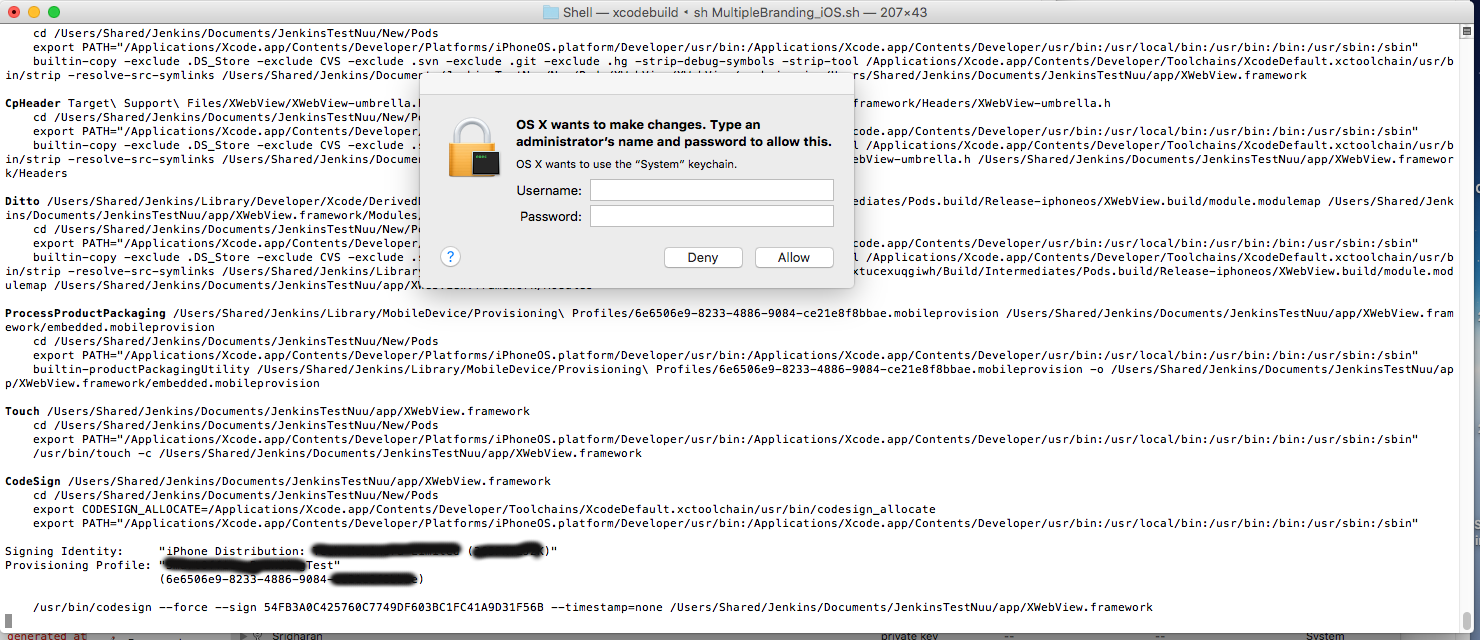Gathering data from various sources (1, 2 and 3), it seems that when unlocking the system keychain using the security unlock-keychain command, keychain typically doesn't require a passphrase or username. It relies on the system password instead.
That’s the reason why when you try to unlock the system keychain with a password using security unlock-keychain -p password /Library/Keychains/System.keychain, it fails because it's expecting a username-password combination, which isn't applicable in this context.
Therefore, to avoid this "User Interaction is not allowed" error message during code-signing events in Jenkins, you can grant the Jenkins user access to the private key and certificate in the system keychain, without requiring “manual intervention”.
Here is a step by step to achieve this through the UI, according to the references shared above:
- Open Keychain Access on the machine where Jenkins is running.
- Locate the private key and certificate in the system keychain.
- Right-click on the private key and select
Get Info.
- In the
Access Control tab, click on the + sign to add a new entry.
- In the dialog box that appears, search for
jenkins and add it to the list.
- Ensure that the
jenkins entry has the appropriate permissions (e.g: "Allow all applications to access this item").
By granting Jenkins user access to the private key and certificate, you will ensure that Jenkins can access them without requiring manual intervention during code-signing events.
If you still prefer using a script to unlock the system keychain (as you commented), you can consider using the sudo command (cf references) in your script, to execute the security unlock-keychain command with elevated privileges.
Note: Always keep in mind the security implications of storing passwords / passphrases in scripts...

